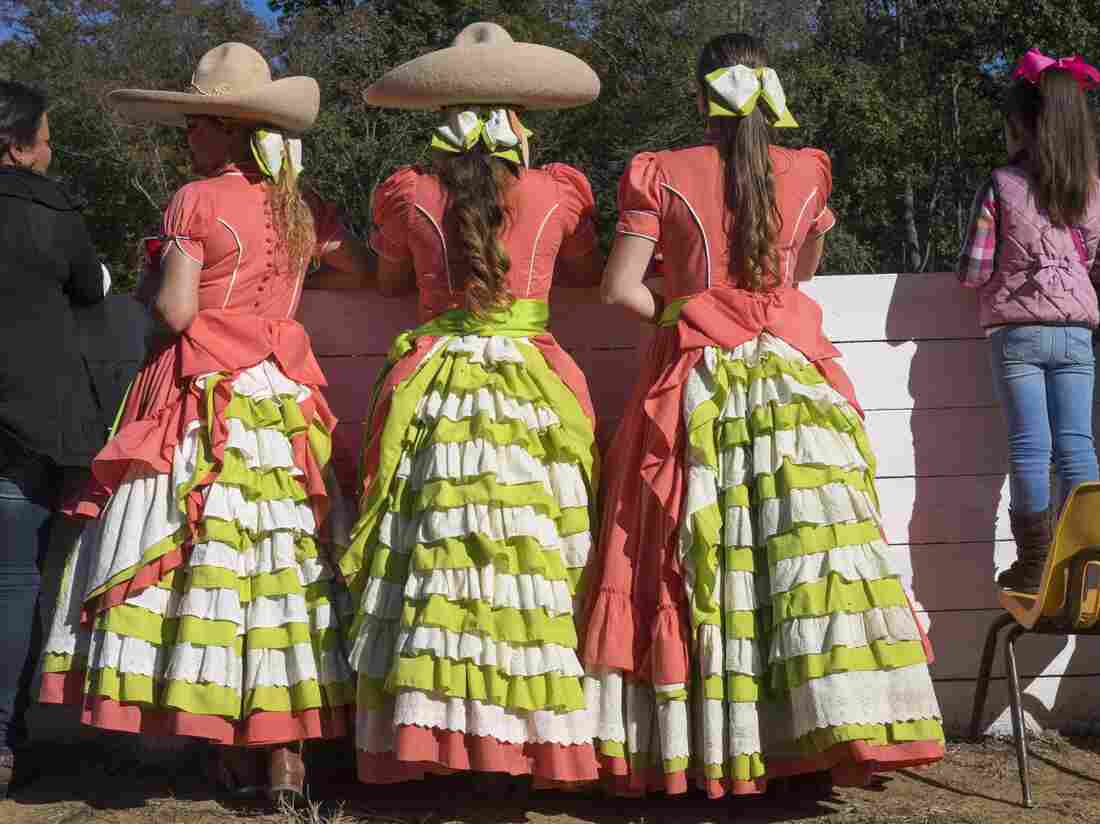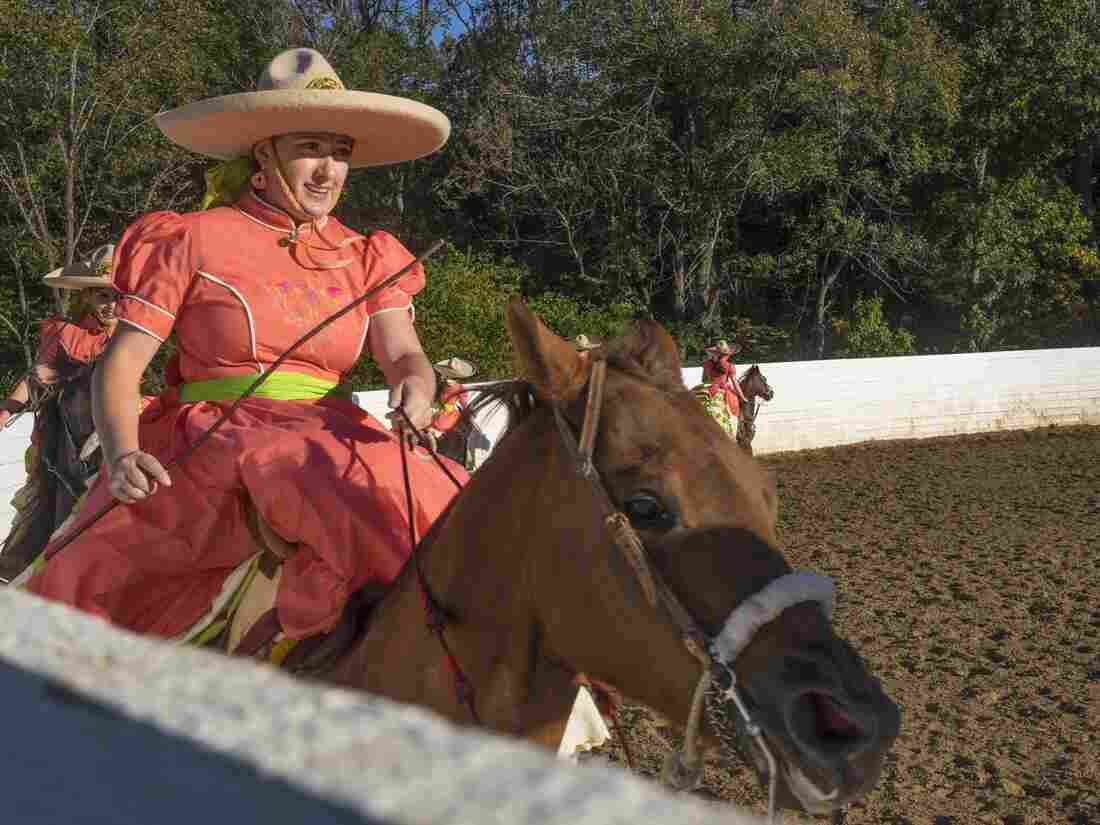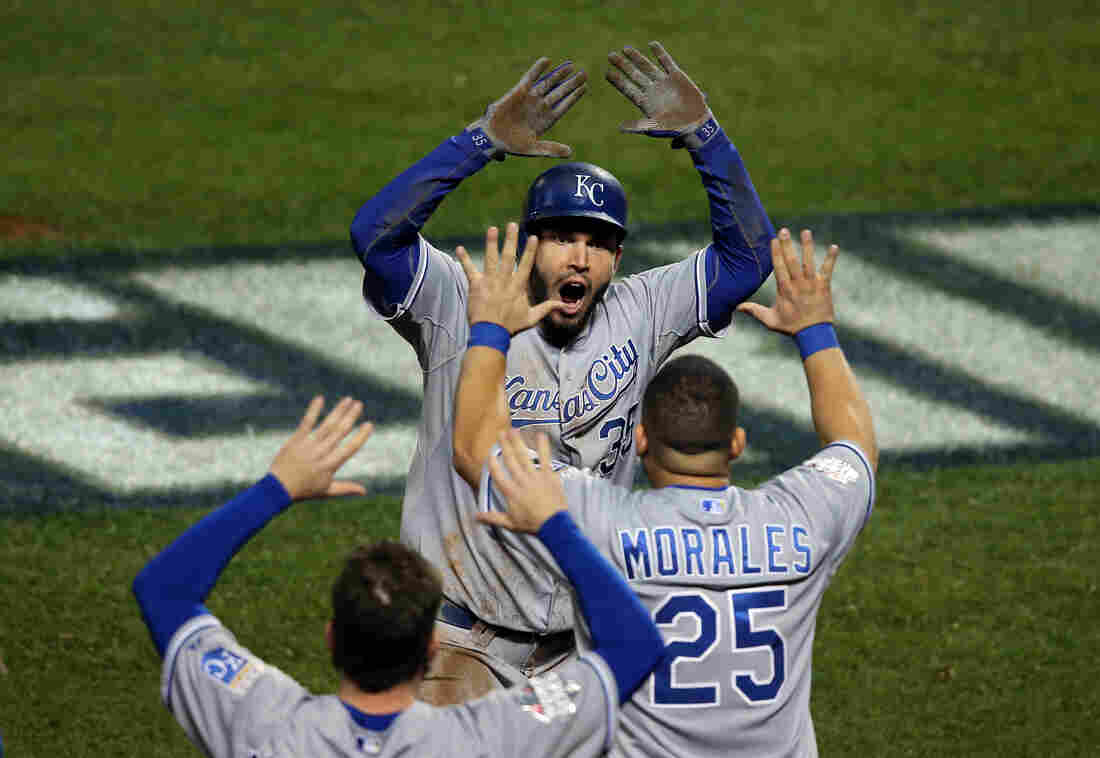Transcript
MICHEL MARTIN, HOST:
You are a football fan. Tell me if anybody’s ever said this to you – you are an intelligent, cultivated person. You cannot like college football. You don’t like college football. Well, Diane Roberts is an intelligent woman. She holds a doctorate from Oxford and she teaches literature and creative writing at Florida State University. And she can love football, and she does. And now to all you haters out there, she’s written a book to tell you why. It’s called “Tribal: College Football And The Secret Heart Of America,” and she is with us now.
Welcome, thanks so much for joining us.
DIANE ROBERTS, BYLINE: Thank you.
MARTIN: Tell me about that opening sentence. So somebody actually said that to you – a colleague of yours, I take it?
ROBERTS: It was actually a distinguished historian who said it to me, who was just absolutely appalled. How could you like this game? It’s a terrible game. And obviously, you’re not as smart as we think you are. So there you go.
MARTIN: So you’re quite open about your love for the game?
ROBERTS: Oh, yeah. Oh…
MARTIN: You’re not in the closet at all?
ROBERTS: Oh, my God. I was born into it. This is – these are my people. And, you know, everybody likes to be part of a group or a tribe or whatever.
MARTIN: You write about that in the book. You say I’m a Seminole lifer. I grew up in Tallahassee looking forward to the rhythm of fall Saturdays, making potato salad for the tailgate, making sure for the 14th time that we had the tickets and the parking pass and the corkscrew. But here’s what’s funny about your book – you then go on to tell us every terrible thing there is to know about football, including the very early deaths that resulted from people playing football. In fact, you talked about this contest between – tell me about that – it was in – what – in 1897?
ROBERTS: Well, which one? There are so many that people actually died. But Harvard-Yale games used to be particularly horrible, but there were firearms.
MARTIN: You wrote about the one from – gosh – Georgia against Virginia who fell and – well, go ahead.
ROBERTS: Oh, that poor boy, yes. There was a guy named Richard Gammon. He went by Von, which was part of his middle name. And yeah, he died, basically, of massive brain hemorrhage. And this was 1897, and he, you know, he collapsed on the field. He died later. The state of Georgia was prepared to ban college football, just ban the game. And there was a bill, the governor was going to sign it. It’s all about to happen. And then this poor boy’s mother wrote in and said please don’t ban the game. It’s what he thought manliness was all about. And he would just hate that, so don’t ban it.
MARTIN: So – but you go on to describe, not just on the field, but also hazing incidents. There’s this terrible incident involving the Florida A&M drum major who was beaten to death in a hazing incident – you talk about that.
ROBERTS: Yeah, that’s one of the saddest things. It’s just so sad.
MARTIN: And you also turn a very – you are unsparing about a recent top pick – top draft pick.
ROBERTS: Jameis Winston.
MARTIN: Jameis Winston, who has been accused of rape. It’s really – your subject is not just what he is alleged to have done, but how the universe around him responded to it.
ROBERTS: Football players do occupy a special place on a college campus in a college town, especially if they’re really, really good, like Jameis Winston is. And he – we just didn’t want to believe that he was capable of any such thing. And I should make clear, he was never charged with rape. But, you know, there it was; it was out there. And one of the big problems was that the university didn’t exactly trip over itself to help with the investigation, sadly. The local cops, they didn’t try real hard either. And by the time anybody did seem to try hard, a lot of the evidence had gone away or was erased or, you know, too much time had passed. So we will never know if Jameis Winston did anything really bad or not. And what I do know is that the young woman who accused him was treated disgracefully; she was more or less hounded off campus and sent death threats and other things. I mean, come on, death threats. It was just absurd.
MARTIN: Have you ever faced a moment where you said to yourself, I’m just not sure I can do this anymore?
ROBERTS: Yeah. I do that every time there’s an accusation of a player hitting a woman, assaulting a woman. I do that every time, you know, some coach goes off on, you know, what a tough life he has and it’s really hard to live on $4 million a year. I do it sometimes when a coach yells at the fans for not being fan-ish enough. You know, that’s like, come on, bud, that’s ridiculous. You know, this is all out of whack. So I can perfectly well hold that in my head and I can disparage it and I mean it. At the same time, I can really, really sulk when Florida State loses. So I know that the game is going to have to change, and yet I can still – maybe I’m just a hypocrite, I haven’t figured this out yet – I can still enjoy it. I can still sit there and just find a well-thrown pass caught way down the field just the most beautiful thing. It’s just gorgeous.
MARTIN: So have you figured out what it is that you actually do love about it?
ROBERTS: I suspect what I love about it is that I’m part of it, which is odd. It’s part of my identity, and I don’t mean that in a narcissistic way. What I mean is that it connects me to my father, who died when I was very young, and I inherited his season tickets. It connects me to a whole community of people, many of whom I don’t have that much in common with except for the football. It connects me with the university, and that – you know, that we are often very good at this game is nice. But even when we’re not good – you know, we sat through the 0 and 11 season, which, I’ll tell you, that’ll toughen up your soul.
MARTIN: (Laughter) Diane Roberts is author of “Tribal: College Football And The Secret Heart Of America.” And we reached her at the studios of WFSU in Tallahassee, Fla.
Diane, thanks so much for speaking with us.
ROBERTS: Thank you so much.
Copyright © 2015 NPR. All rights reserved. Visit our website terms of use and permissions pages at www.npr.org for further information.
NPR transcripts are created on a rush deadline by a contractor for NPR, and accuracy and availability may vary. This text may not be in its final form and may be updated or revised in the future. Please be aware that the authoritative record of NPR’s programming is the audio.






